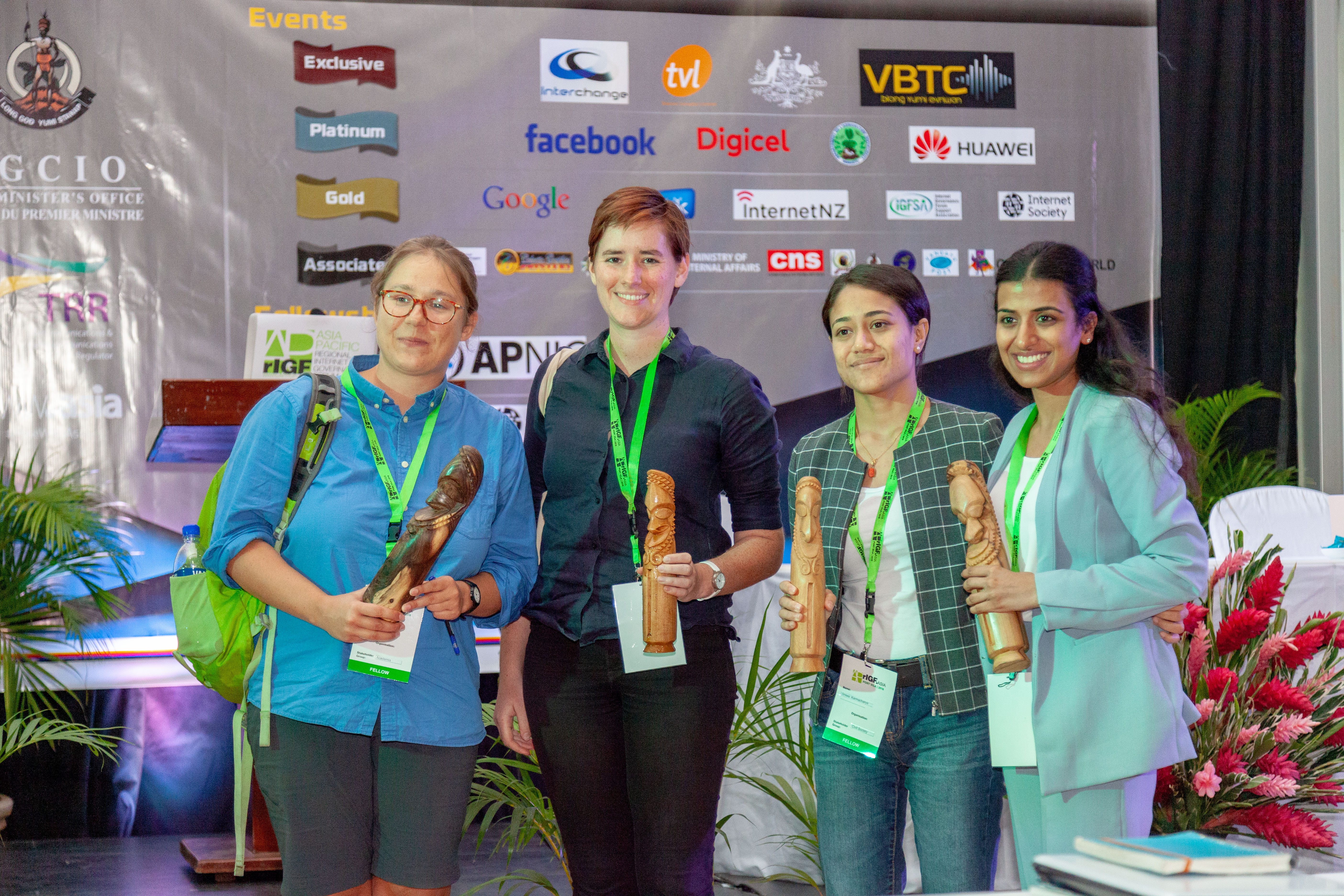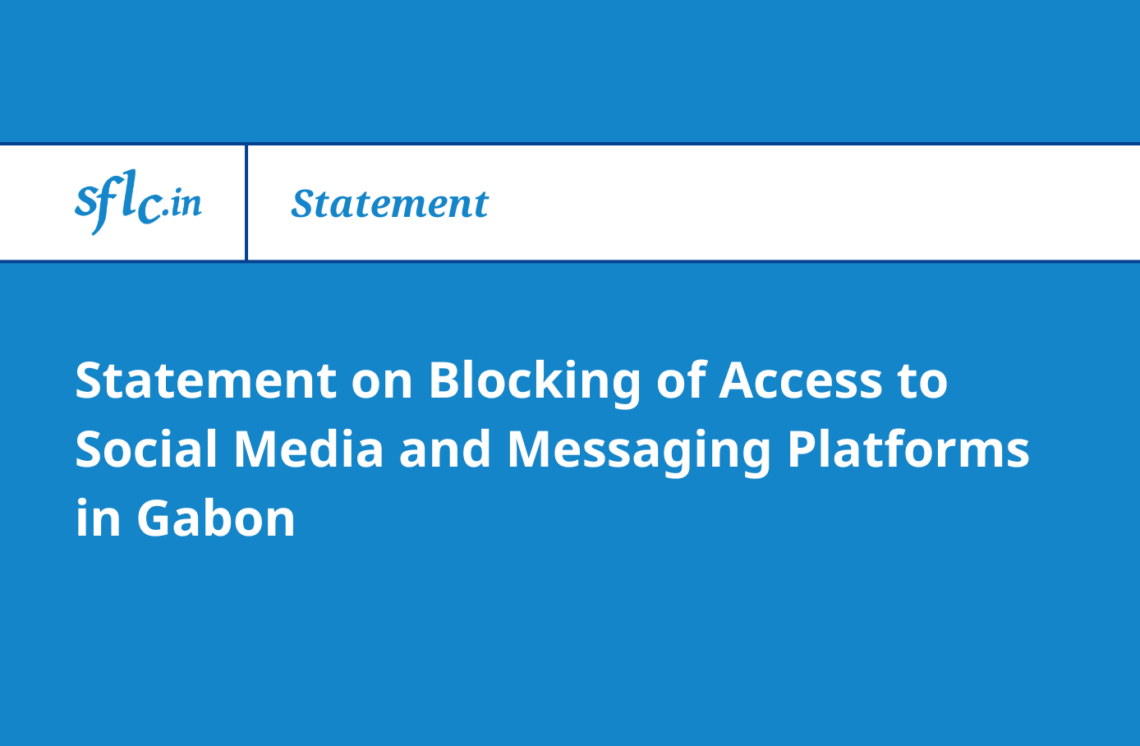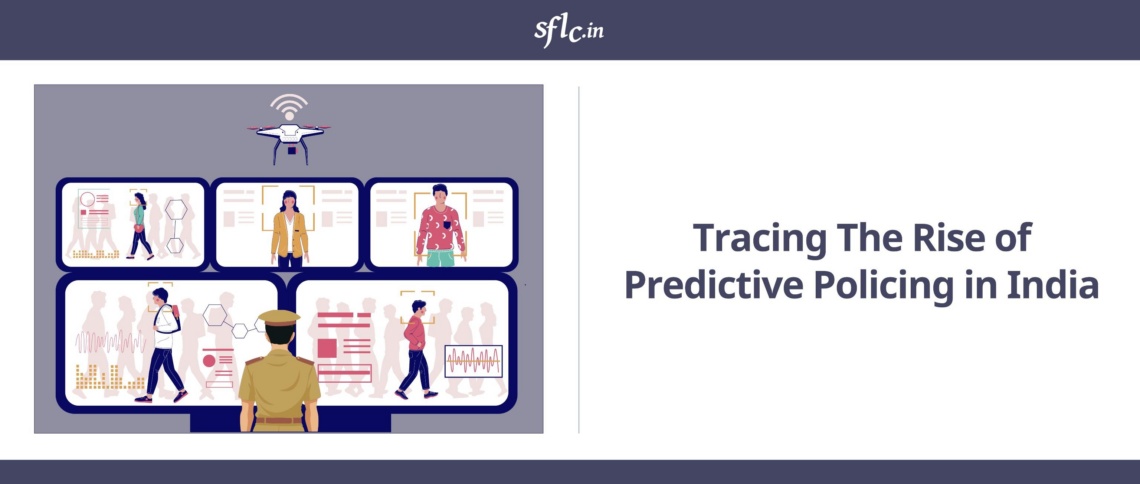The 9th Asia Pacific Regional Internet Governance Forum (APrIGF) convened from 13th to 16thAugust, 2018 at Iririki Island Resort, Port-Vila, Vanuatu with the overarching theme “Empowering Communities in Asia Pacific to build an Affordable, Inclusive, Open and Secure Internet”.
APrIGF is a multi-stakeholder platform for public policy discourse on Internet and its impact on society. Since 2010, this prime annual conference draws in discussions and incubates collaborations for the developments of universally affordable, accessible, non-discriminated, secure and sustainable Internet across the region. Discussion points from APrIGF are linked to the global Internet Governance Forum in the form of a Synthesis Document.
SFLC.in was represented by Tripti Jain (Counsel) at the conference who was selected to be an APrIGF fellow for 2018. She participated as a speaker in two sessions.
This is a summary post for the panel on online harassment titled “Responsibilities of Internet Platforms for Tackling Online Abuse Against Women & Other Marginalized Groups”
Dr. Monika Zalnieriute Zalnieriute (UNSW Sydney, Australia, Academia) was the organizer and moderator of the panel discussion. Other panelists were Shmyla Khan, (Digital Rights Foundation, Pakistan, Civil society), Tess van Geelen (Queensland University of Technology, Australia, Academia), Shiwa Karmacharya, ( LOOM Nepal, Civil Society), Ankhi Das (Facebook in India and South & Central Asia) and Tripti Jain (SFLC.in, India, Civil Society).
Following are a few key points that were raised by the panelists:
-
Platforms should not undermine the obligations of platforms to tackle online abuse and violence against women;
-
Freedom of expression of some should not lead to censorship of others;
-
The recent report by UN Special Rapporteur on the promotion and protection of the right to freedom of opinion and expression David Kaye which addresses legitimate concerns around freedom of expression, while taking the rights of individuals and groups abused online; was discussed
-
Transparency is a necessary component for any effort to address and tackle online abuse against women and other discriminated groups.
The discussion began with Dr. Zalnieriute giving a brief overview about the issues concerning online harassment against women across the world and what are the obligations of platforms to tackle online abuse and violence.
Shmyla Khan (Digital Rights Foundation, Pakistan), a remote presenter, discussed a few instances where content moderation/regulation by platforms and governments was rendered insufficient due to the nature and complexity of the harassment faced by women. She then mentioned a bit about the current moderation model. Shmyla finally highlighted the advantages and disadvantages of possible methods to balance free speech rights and protection from online harassment/abuse/hate speech.
Shiwa Karmacharya (LOOM in Nepal) talked about online violence in Nepal. She familiarized us with some background about the policies and the situation in Nepal, sharing the findings from a research she has been working on with ‘EROTICS Nepal’ (part of APC’s EROTICS South Asia).
Tripti Jain (SFLC.in) discussed the situation of online violence against women in India, giving examples and citing a few instances, where women were attacked on different online platforms for voicing their opinions. Based on her research at SFLC.in. Tripti then highlighted how real world hate is manifested online. She then emphasized upon the issues/challenges while drafting robust legal responses to gender-based harassment online.
Tess Van Geelen from Queensland University of Technology in Australia explained human rights implications of online content moderation by private internet companies. She presented a PowerPoint presentation to share some recommendations from her empirical research at QUT, seeking to understand how platforms moderate harmful content in practice beyond online violence, including hate speech and terrorism.
Key Takeaways :
-
There is a dire need to engage with platforms and have a serious dialogue, even if it is limited and constrained by the profit motivations and obligations of Internet corporations.
-
We need to ensure that platforms maintain certain degree of transparency. Transparency is the first step in changing the secretive status quo of content moderation.
-
Innovative thinking is needed from the Internet Governance community (among other communities, such as feminists, and LGBTQI community) to make sure that the situation does not remain the same.
-
We as the Internet Governance community should be more participative and active in global consultation processes. We must collaborate and submit our comments to UN calls for submission on dealing with online harassment.




